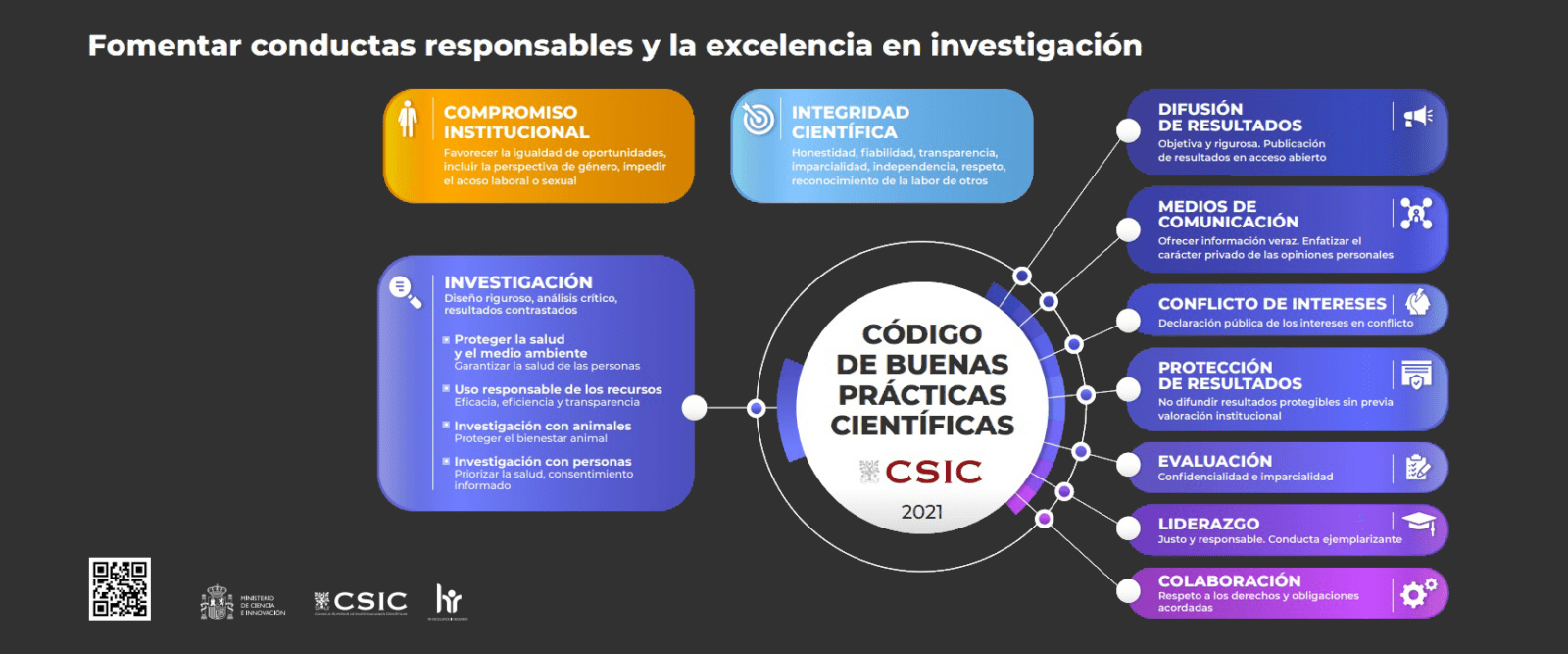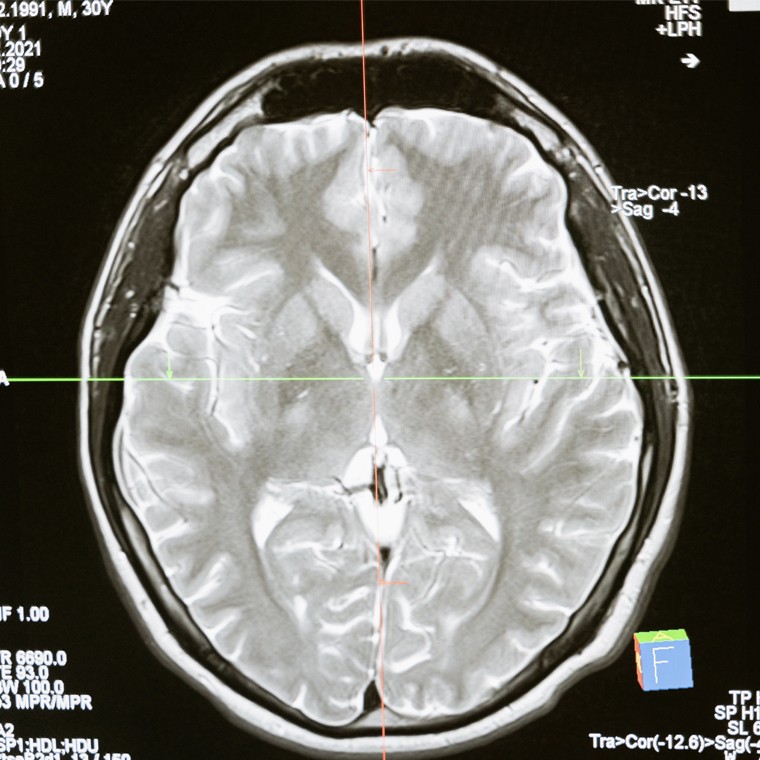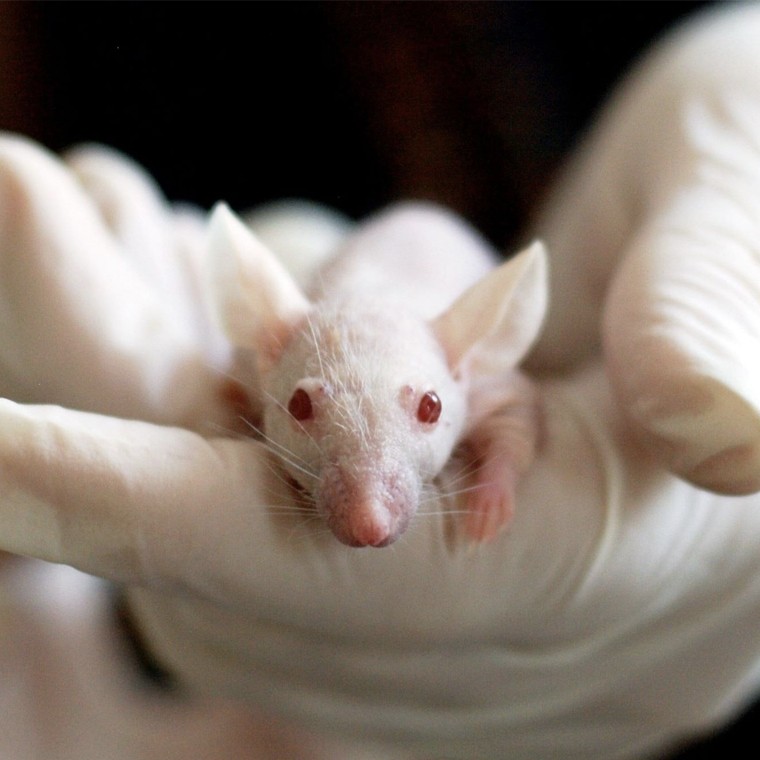THE CAJAL INSTITUTE
Code of good scientific practice
Code of good scientific practice

As a research center belonging to the Consejo Superior de Investigaciones Científicas, the Cajal Institute applies in the exercise of its research work the CSIC Code of Good Scientific Practices, which regulates the development of scientific activity in all its facets, guides the exercise of leadership , scientific collaborations and the process of creation, protection, evaluation and dissemination of the results of scientific work, in order to ensure the quality of research and prevent inappropriate conduct.
Rigor, integrity and scientific ethics
The fundamental purpose of the document is that the staff of the Cajal Institute maintain a responsible conduct in the exercise of their research activity, with behavior based on scientific integrity, to guarantee quality and rigor, compliance with applicable regulations and the analysis of all those issues that may have ethical implications. In fact, any research that raises ethical aspects that must be taken into consideration must have a favorable evaluation from the CSIC Ethics Committee before it can begin.




Although maintaining ethical and consistent conduct as the axis of scientific activity is the personal responsibility of each researcher, it is the responsibility of the scientific community as a whole and the Cajal Institute as a research center to promote and establish a culture of integrity, responsibility and ethics among the people who carry out any type of research activity in their laboratories.
Values of the research staff of the Cajal Institute
Responsible and excellent research
The code addresses all aspects of scientific work, such as those that affect research with humans and animals, as well as the health and safety of the researchers themselves, the environment or the public as a whole.
The document places special emphasis on violations of scientific integrity and on the mechanisms to guarantee equal opportunities as well as to avoid bad scientific practices, especially those of greater severity such as fabrication, falsification or plagiarism of research results.
Institutional commitment
The set of indications, recommendations and standards contained in the code represent a further step in the commitment of the institution to achieve excellence in research, promote open science, and transfer scientific knowledge and its results to society.
Related information

Neuroscience Research Center dependent on the CSIC. Founded in 1920 and initially directed by Santiago Ramón y Cajal. World reference in the study of the brain. Custodian of the Cajal Legacy.
Activities

